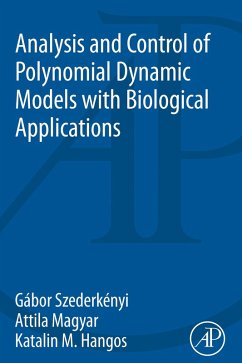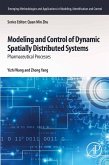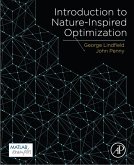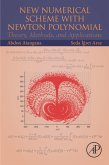Analysis and Control of Polynomial Dynamic Models with Biological Applications synthesizes three mathematical background areas (graphs, matrices and optimization) to solve problems in the biological sciences (in particular, dynamic analysis and controller design of QP and polynomial systems arising from predator-prey and biochemical models). The book puts a significant emphasis on applications, focusing on quasi-polynomial (QP, or generalized Lotka-Volterra) and kinetic systems (also called biochemical reaction networks or simply CRNs) since they are universal descriptors for smooth nonlinear systems and can represent all important dynamical phenomena that are present in biological (and also in general) dynamical systems.
- Describes and illustrates the relationship between the dynamical, algebraic and structural features of the quasi-polynomial (QP) and kinetic models
- Shows the applicability of kinetic and QP representation in biological modeling and control through examples and case studies
- Emphasizes the importance and applicability of quantitative models in understanding and influencing natural phenomena
Dieser Download kann aus rechtlichen Gründen nur mit Rechnungsadresse in A, B, BG, CY, CZ, D, DK, EW, E, FIN, F, GR, HR, H, IRL, I, LT, L, LR, M, NL, PL, P, R, S, SLO, SK ausgeliefert werden.









